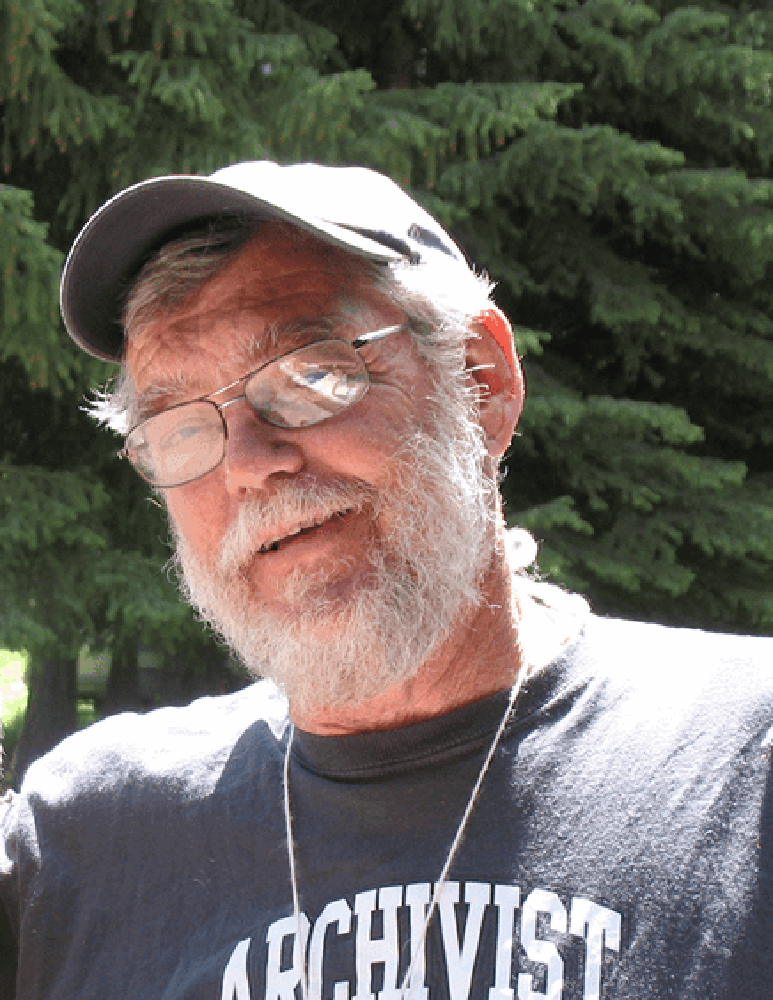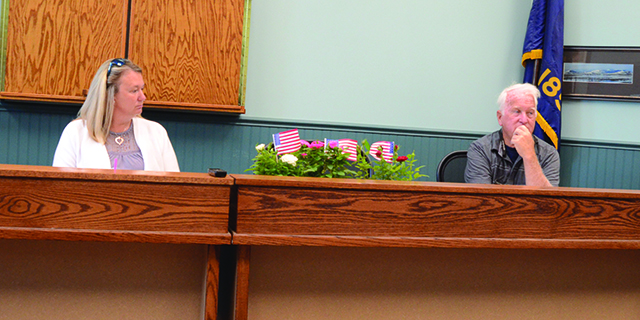Main Street: ‘Peace Corps gave me the best two years of my life’
Published 6:00 am Wednesday, November 17, 2021

- Rich Wandschneider
Barb, my Peace Corps partner, and I ate evening meals together for two years in our Turkish-Kurdish village. By day, she pounded bulgur and went to the fountain with women and girls; I sat in the coffee house with men, and went to the fields to study an irrigation project. Sometimes we walked together to the next village, all Kurdish, and put awful purple medicine on impetigo sores that were everywhere. We were greeted and sometimes fed by the old Kurdish “hodja,” a leader who used us to bend the government into building a community fountain and toilet.
We came home and went our separate ways. Barb was from a wealthy Seattle family (not widely known during our Peace Corps time), and worked first as a juvenile parole officer. Then she worked in bookstores and built and owned bookstores — she helped us start the Bookloft. When she died — too soon — the mayor of Seattle gave her eulogy, lauding her work for the LGBTQ community and for Seattle.
My own journey was from volunteer to Peace Corps staff, and then here, to Wallowa County with a one-year contract with the Extension Service to develop jobs and run youth employment. I did that for five years before opening the bookstore, which was a wonderful 12-year journey at the center of town and county. It wasn’t profitable, but led to 20 years directing Fishtrap, and now a dozen years managing Alvin Josephy’s library and Indian and historical programming at the Josephy Center.
My work has been incredibly rewarding — I only rarely think about what it might have been like to have stayed with the Extension Service or gone to another job with a retirement plan.
I write this now not to gain applause, but to say that the Peace Corps gave me the best two years of my life — and set me on my path from 1965 to now.
I’m reminded of Peace Corps service on Veterans Day every year, a time when I also remember family: five uncles who fought in North Africa, Italy, France and Germany, one who flew the “hump” from India to China, and the youngest, who died in the Pacific in the last month of World War II in a kamikaze attack. My father, already past 30, transferred from the Post Office and spent the war years putting radios in B-29s in Utah and South Dakota. My mom took his job at the Post Office and her mom looked after me.
I remember local WWII vets — Jack, who liberated Buchenwald and abhorred all war from that day; Gardner, a Marine combat engineer at Iwo Jima; Alvin, who wrote about Iwo and Guam from foxholes as a Marine correspondent. They all became friends here and together with wives Marge, Tappy, and Betty, organized the Wallowa Valley Day Camp to bring educational opportunity to the then more remote Wallowa County. It lives on today, after more than 50 years, as CJSS. Individually, they led organizations that managed schools and promoted ranching, built the Ferguson Ridge Ski Area, and helped found the National Museum of the American Indian.
We met Gardner and Tappy as we came into the county from our Peace Corps experience, and as they were about to go on theirs — a brief period of time when the Peace Corps sent volunteer families abroad; they went to Ecuador, with children!
There are other returned volunteers living in Wallowa County: Bridget, who helped build a home for the disabled in Armenia, works in mental health; Clem and Jean were retired from college teaching when they went to teach in Africa; Jeff and Randi worked as volunteers on two continents, and today work in health and conservation; Judy is still trying to retire after decades as a social worker. Allen, who served with me in Turkey, retired here after a teaching career in Portland.
The pattern here is service, and it is a pattern I see time and again in communications with other returned volunteers I know and learn about from Peace Corps Writers, a volunteer-run organization that tracks the writings of former volunteers.
Their books chronicle lives of service during and after the Peace Corps — now 60 years old with over 240,000 returnees — in nonprofit organizations promoting health, literacy, and justice; careers in the Foreign Service and teaching. I don’t remember one story of a billionaire, or of a CEO of a Fortune 500 company. I doubt the employee records of Facebook or Google are filled with former volunteers.
I don’t know whether people are born or educated to careers in public service. But I dream a day when every American, at age 18 or 20, does one or two years of service, in the military — or building forest trails, emptying hospital bedpans or teaching in Ecuador.









